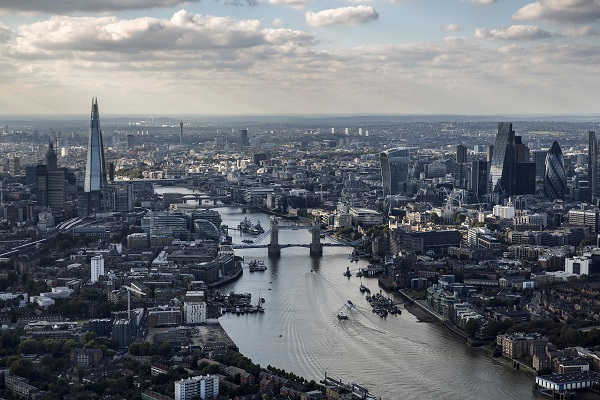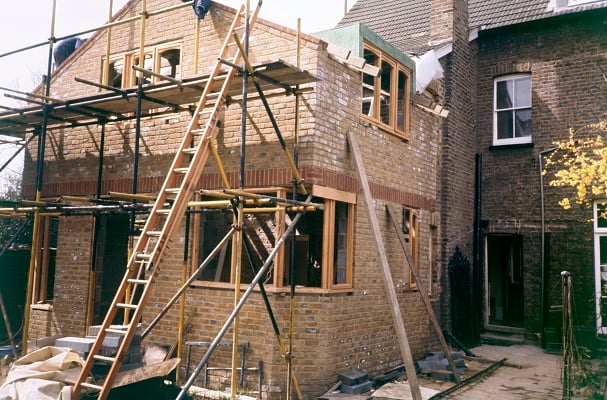London is renowned far and wide for being a thriving metropolis that is forever expanding. However, it has been facing the challenge of becoming one of the most sustainable cities in the world.
As a property developer, you have the power to shape the future of London’s landscape. You can create properties that are environmentally responsible and stand out in a competitive market. Here, you’ll find all the tips you need to develop eco-friendly developments that attract a growing market of sustainability-conscious residents and tenants.
Green building materials
The foundation of a sustainable building starts with the materials used. Opt for locally sourced, recycled or rapidly renewable materials like bamboo or sustainably harvested timber, alongside prefabricated components to reduce on-site waste.
Innovative resources such as biocomposite cladding are rising in popularity and offer superior insulation and lower carbon footprints compared to traditional options. The London Material Exchange is a valuable asset for sourcing green construction materials.
Renewable energy sources
Reduce the impact of the property you’re developing by moving beyond traditional grid-based electricity. Integrating solar panels into your designs is a natural choice for London’s plentiful sunshine hours and is ideal on rooftops or south-facing terraces.
For larger developments, wind power or ground source heat pumps are worth exploring. This pioneering technology utilises wind and the constant temperature of the earth for efficient cooling and heating.
Sustainable construction practices
Every stage of construction can be optimised for reduced environmental effects. You can minimise waste during your projects and reduce the need for multiple deliveries with storage containers for hire and modular structures. They can also be repurposed as site offices too.
Think about implementing rigorous waste management plans to ensure the proper recycling of construction debris. Energy-efficient building techniques such as high-performance insulation can minimise future energy consumption.
Water management systems
London’s precious water resources need careful management. The UK has plenty of rainfall so harvesting rainwater and reusing wastewater are two great ways to boost your development’s eco-friendliness. Installing low-flow fixtures and water-efficient appliances is another great strategy to reduce unnecessary water consumption throughout your development.
This is not only environmentally-friendly but it will also reduce operating costs for residents in the long run.
Green spaces and urban gardens
Making room for green spaces in your development designs isn’t just about aesthetics. There are many benefits to rooftop gardens, courtyards and gardens, including natural insulation, improved air quality and promoting healthy living.
It will also enhance the biodiversity and shelter local wildlife. Residents can grow their own food and reconnect with nature in an otherwise concrete jungle. This can foster a sense of community that makes for more eco-friendly tenants.






Leave a Comment